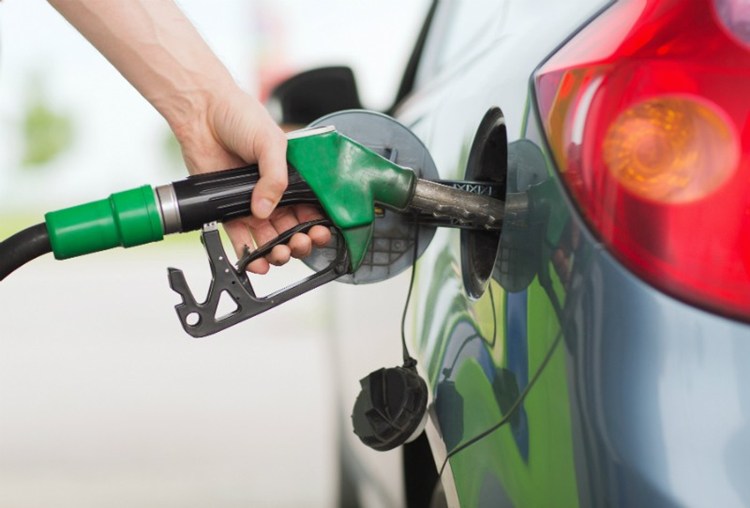We are all aware of the rising prices of fuels but do we ever wonder what difference do the RON ratings make? What are the benefits and harms of using a fuel with a higher or lower RON rating? We will explore these answers in the article.
Categories of Octane Ratings:
Before we jump directly to the benefits and harms of the RON ratings, we must first know the 3 different categories of Octane Ratings:
- Regular (87 Octane Rating)
- Mid-Grade (89 Octane Rating)
- Premium (92 Octane Rating)
In short, those ratings above tell you how well the petrol will burn in your engine. Based on the vehicle you have and the manufacturer’s instructions, your vehicle will need either one of the octane fuels listed above. If your vehicle is made for Regular Grade Octane fuels, there will be no extra benefit of using Mid-Grade or Premium fuels since they are incompatible with your vehicle’s engine.
The knocking or pinging sounds that your car engine may make is also the result of using lower grade octane fuels. These combust easily when compressed but if your car is made for higher level octane fuels, say you have a turbo charged vehicle, then it is best to use Premium or only in unavoidable cases, Mid-Grade octane fuels.
With that aside, let’s take a look at the effects of these fuels:
1. Reduction of Fuel Economy
It’s a well-known fact that using petrol that has high contents of Manganese will damage your engine and its overall working. The case is proved by the fact Honda Atlas filed a complaint about it to reduce the level of manganese as it was massively affecting the fuel economy of its vehicles. For those of you who don’t know, fuel economy basically denotes the mileage of your vehicle i.e how many kilometers your vehicle can travel on 1 liter of fuel and so forth. So if the metal content is high in your petrol, you will be visiting the gas station more often which is not really a good thing.
2. The carburetor may get blocked
Due to the increase in metals in fuel, rust may start to build up in your engine which will ultimately cause your vehicle to stall or have a bad startup. If this problem is not addressed, the car carburetor may get blocked and your vehicle will come to standstill. Since the carburetor is the main component of the system dealing with the fuel mixing, it is important that it is in good shape since it determines how well your vehicle will be driven on the road. To avoid unexpected stops during your trip, make sure you use the right fuel.
3. The spark plugs will get damaged
The spark plugs of your vehicle are responsible for delivering electricity from the ignition system to the combustion chamber to start the vehicle. Damaged spark plugs reduce the economy of a vehicle by up to 30%. Since this portion directly interacts with the fuel, it will be greatly affected by the high content of metal in the fuel. Hence another reason to keep a check on the metal ratings of the fuel you will be filling in your vehicle.
4. Poisonous emissions
Fuel Filters and catalytic converters are the components that are responsible for the emissions coming from your vehicle. They filter out most of the harmful components so that they are not released into the environment. However, due to the presence of these unwanted metals, these components are directly affected and hence this results in poisonous emissions. These emissions are responsible for smog and global warming on our planet hence they are extremely dangerous.
5. Health Problems
A study into the use of metals in fuels concluded if the parts per million concentration of these metals in fuels are not checked, they will cause several neurological and bronchial diseases. The emissions are directly responsible for cancer if not kept in proper check.
It’s debatable what’s the proper way to check if the fuel you are using has high metal deposits but it is safe to say that the RON rating of Hi-Octane is not necessarily linked to the performance of your vehicle. The artificial additives such as manganese may cause more harm than good to your engine so keep your eyes peeled the next time you refuel your car!




 JS Bank Digital Policing Initiative shortlisted for Global Mobile Awards 2019
JS Bank Digital Policing Initiative shortlisted for Global Mobile Awards 2019